Download

When replacing a multi-lined selection of text, the generated dummy text maintains the amount of lines. When replacing a selection.
Arnold russel

Online Support
989240005224 hours online support our customer.replacing a multi-lined selection of text.
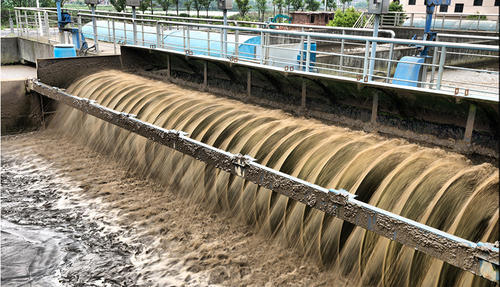
The sewage treatment plant process includes sewage treatment on primary, Secondary or biological, and tertiary treatment processes to improve the quality of wastewater for recycling.
With increasing infrastructural development and water usage for various purposes such as domestic and commercial, there is the generation of waste water.
What is sewage?
Sewage comprises waste water generated from households, and hotels and may include industrial waste water.
What type of waste does sewage contain?
Sewage usually contains a high quantity of organic wastes and may also consist of inorganic wastes. It is essential to treat sewage before its entry into any water body. Why so? Sewage, if allowed to enter water sources without treatment, it will contaminate them; which is why it is essential to treat sewage properly before letting it into rivers or streams for example.
Sewage Treatment Plant process
Sewage can be treated by designing a sewage treatment plant (STP) which involves three stages: primary/preliminary, secondary, and tertiary.
Primary treatment

In a sewage treatment plant, sewage water is first allowed to pass through screens or grit chambers where large solids are removed. This step is followed by aeration/mixing in a tank and then primary sedimentation where suspended solids settle down. Primary treatment involves the addition of a coagulant and aims at removing grits, coarse solids, oil and grease if any are present. Preliminary treatment results in sedimentation of solids (sludge) and formation of an effluent that floats above the sludge. Effluent from primary treatment consists of 45-50 % unstable organic matter. The effluent then undergoes secondary treatment where fine solids settle out by means of bacterial activities.
Secondary or biological treatment
This stage converts organic matter in sewage into stable forms through biological activities, resulting in secondary sedimentation. Common approaches are trickling filters and the activated sludge method.
Trickling filters comprise an enclosed tank with a bed of bricks and a layer of microorganisms. The effluent enters the tank through an inlet and trickles over the bed layer by sprinklers. Microbial activities oxidize the organic matter in the effluent, resulting in the removal of fine solids, formation of sludge, and effluent with fewer organic solids.
The activated sludge method involves the addition of a mixture of active microorganisms to sewage, followed by aeration and agitation. The aerobic conditions and microbial actions oxidize the organic solids resulting in coagulation, flocculation, and settling of solids. Activated sludge produces a clear liquid without a foul odor.
Tertiary treatment
The effluent then undergoes tertiary treatment/disinfection by incorporation of UV radiation or chlorination. Other methods such as sand filters and reverse osmosis may also be used instead for this stage of treatment, depending upon the nature of the sewage and the effluent from secondary treatment.
What happens to the sludge produced from primary and secondary sedimentation?
Sludge is digested in a tank which results in the release of combustible gases: methane (CH4) and carbon dioxide (CO2); which can be used as fuel. The digested sludge can either be disposed of by incineration or used as a fertilizer.
Why reuse or recycle Water?
Though 70% of the earth is surrounded by water only 2.5% of it is fresh water. Out of which 70% of fresh water is in the frozen state of Antarctica and Greenland. Only nearly 1% of fresh water is accessible for usage. In day-to-day life, we use water majorly for washing, bathing, toilet, etc. if we can recycle water for other than drinking purposes freshwater demand can be lowered.
Hence it is very important to treat the sewage outlet of every building and reuse treated water for washing, toilet, and floor cleaning.
Save water, Save Earth.
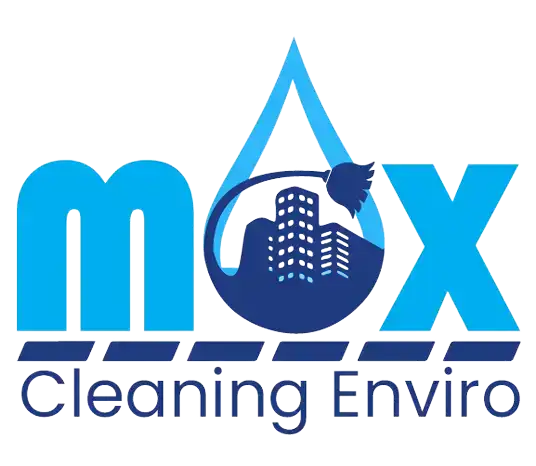

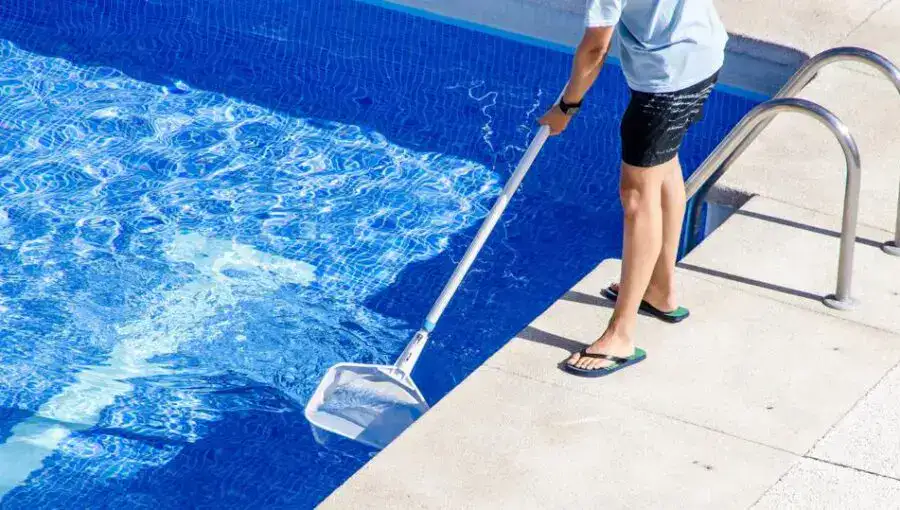
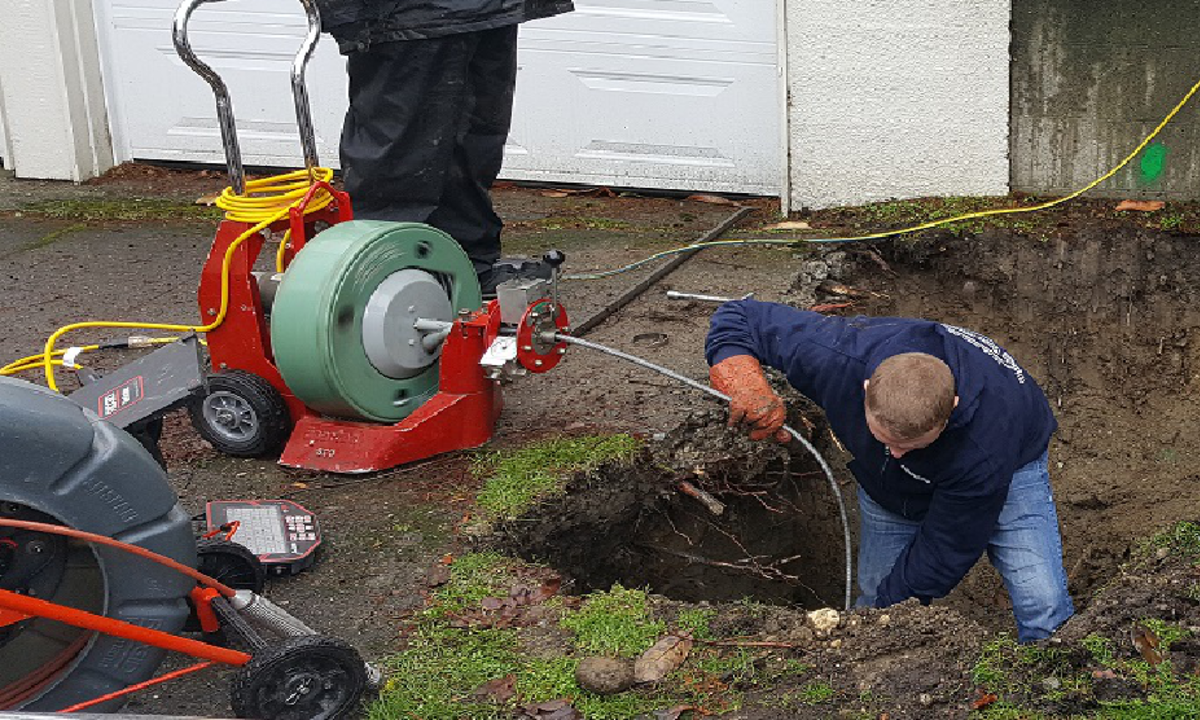
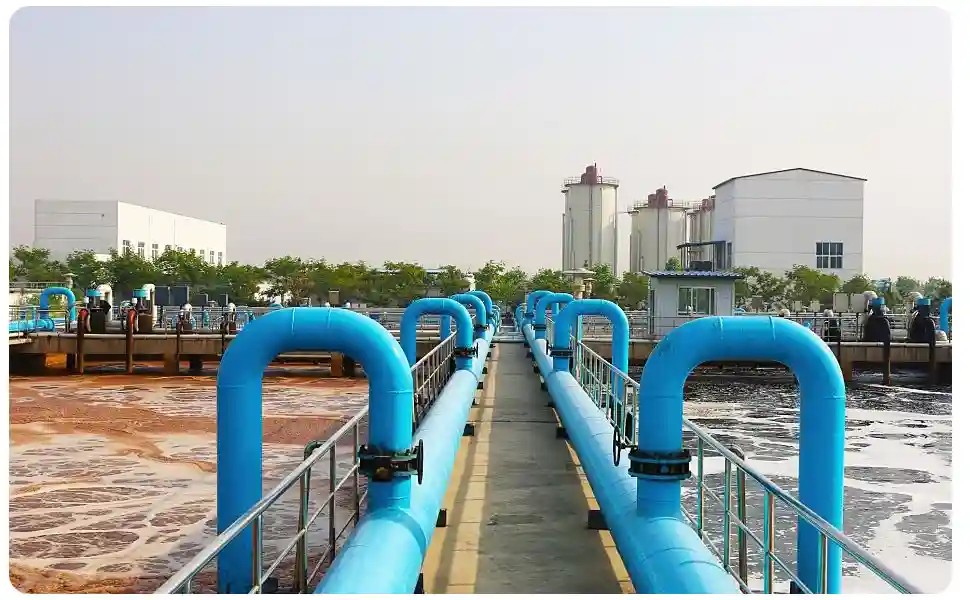
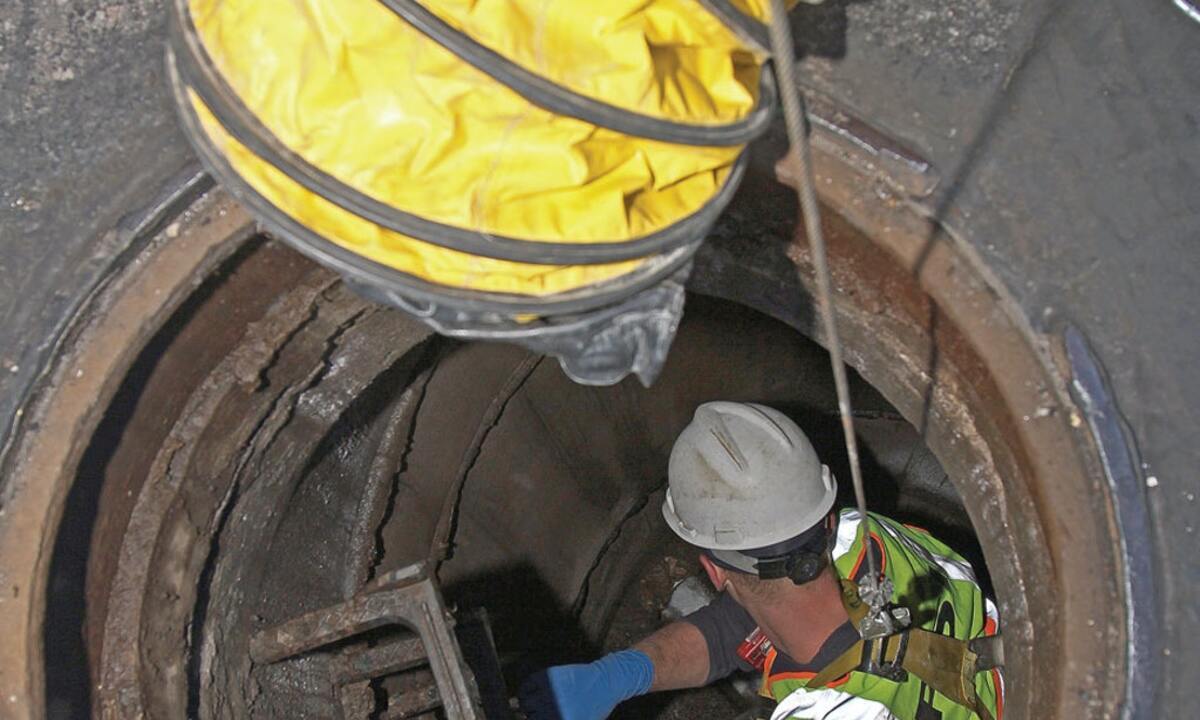
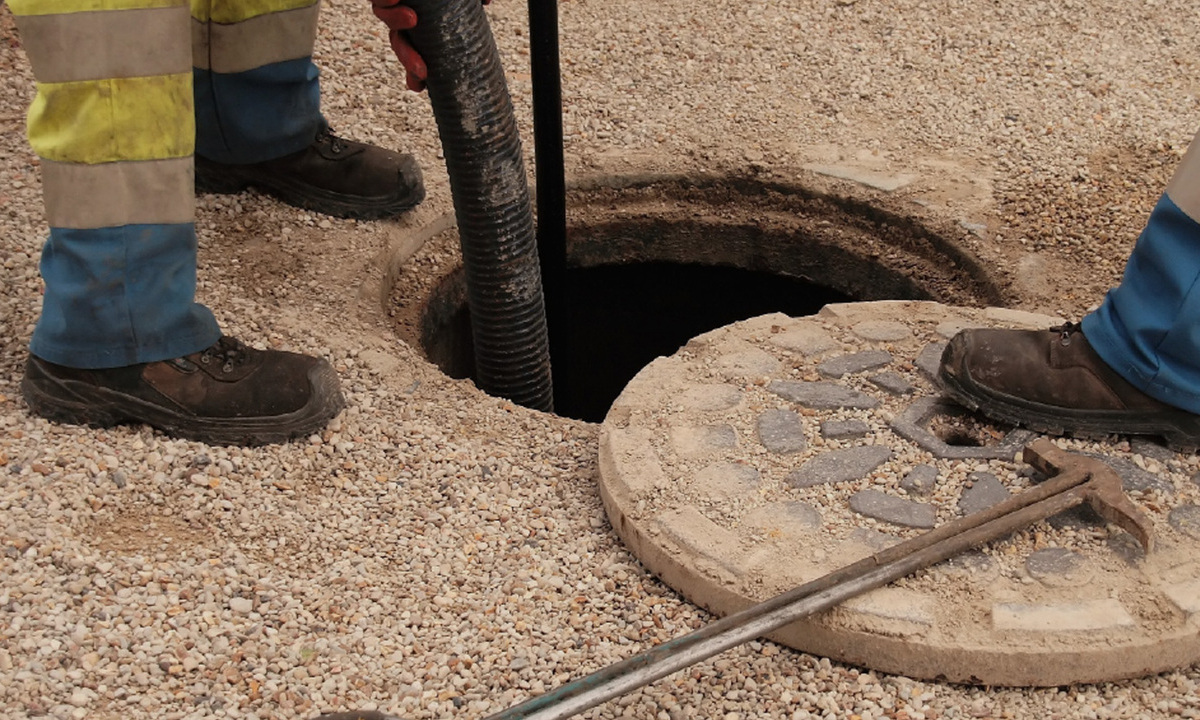
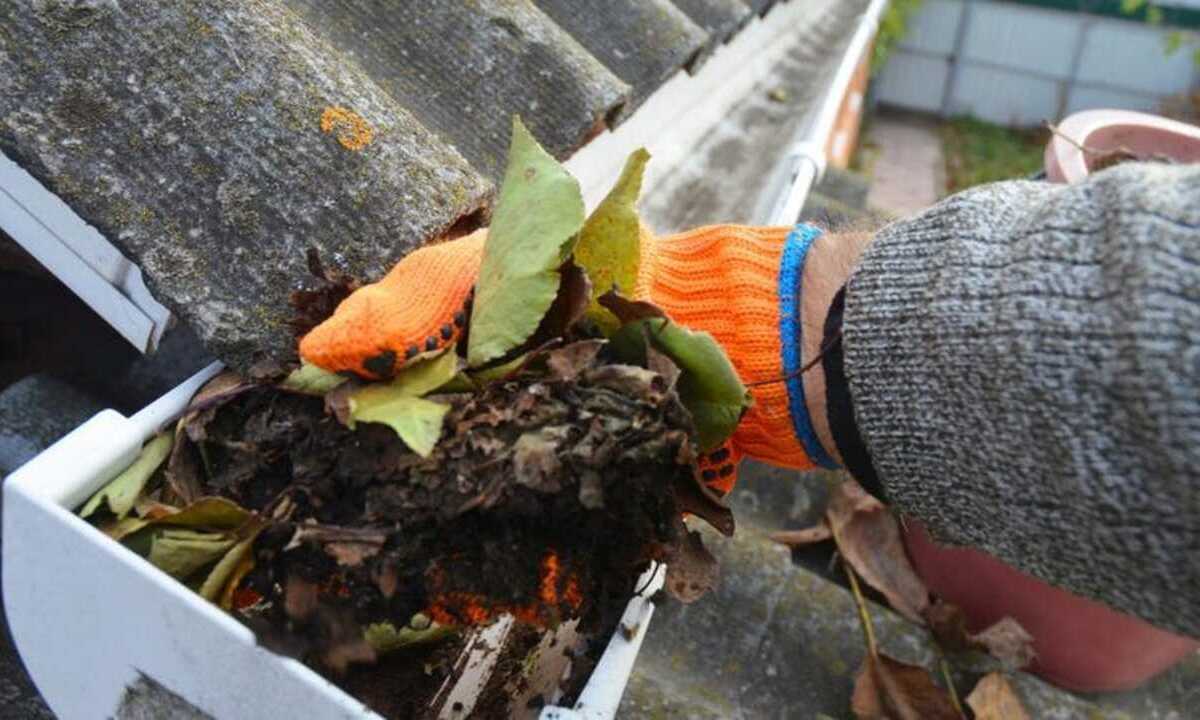
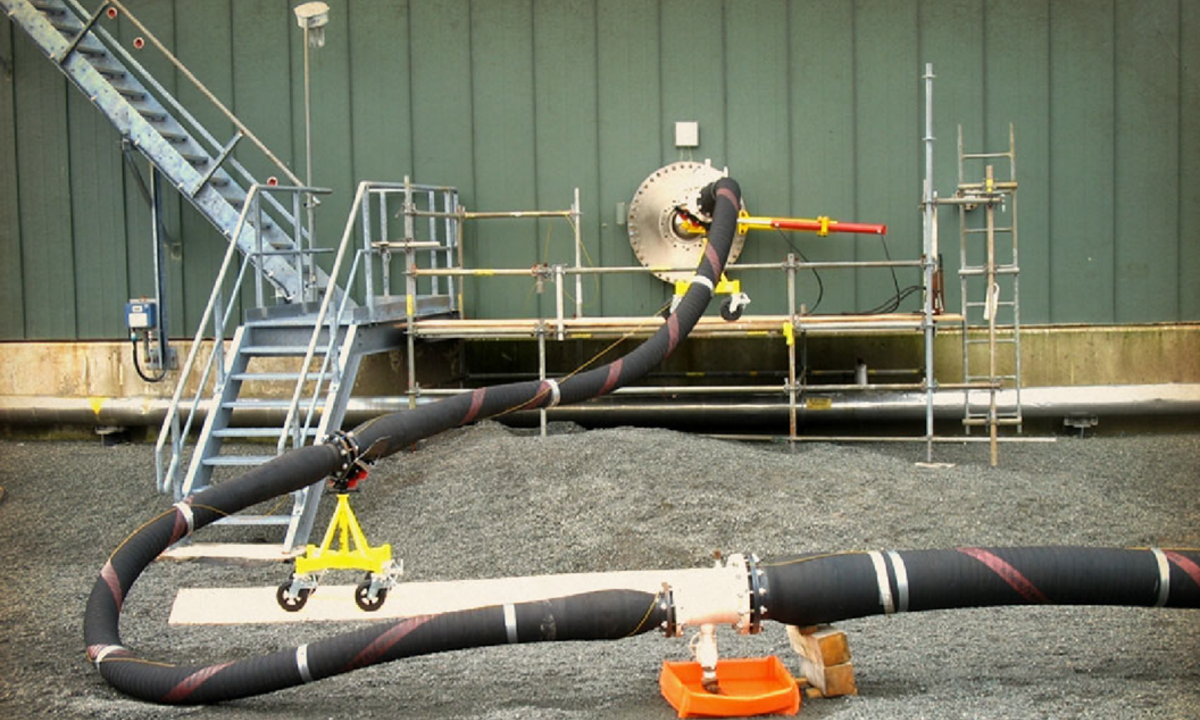
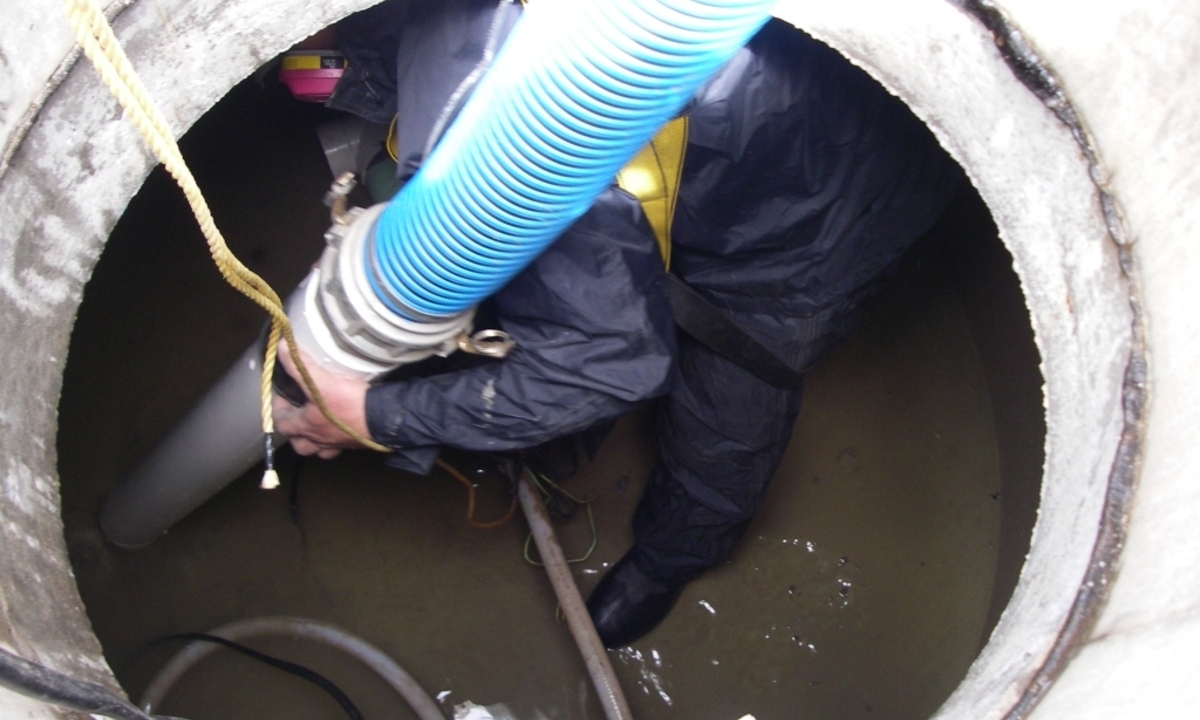
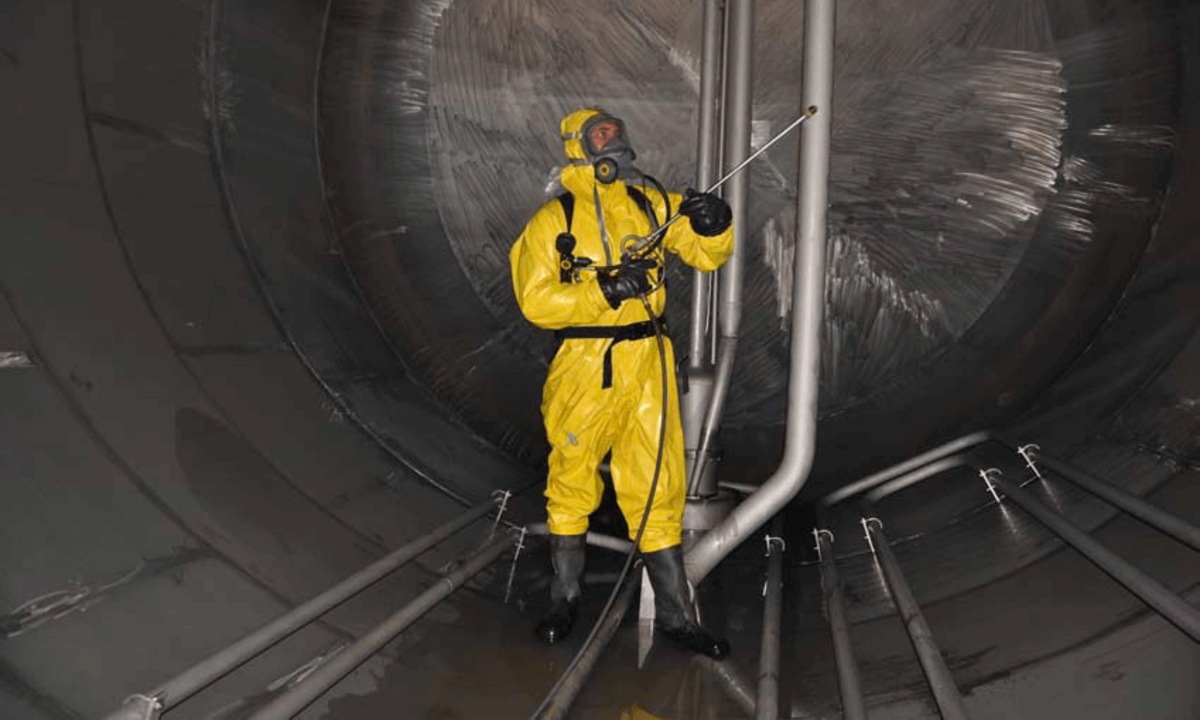
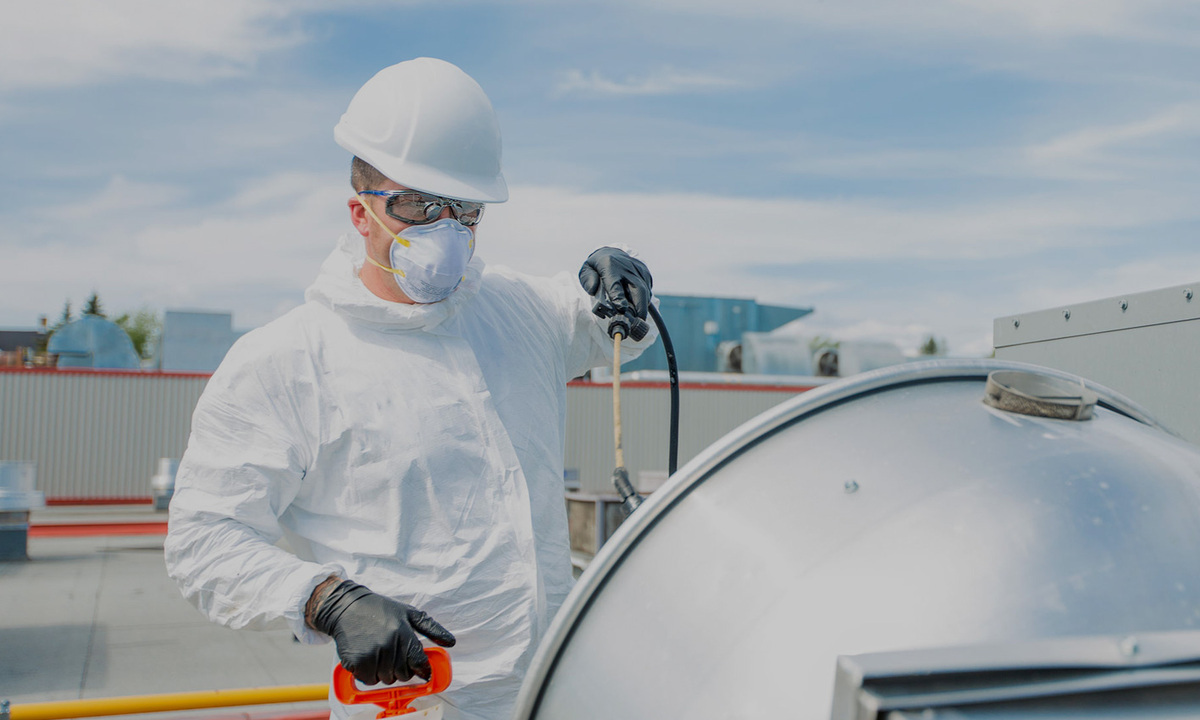

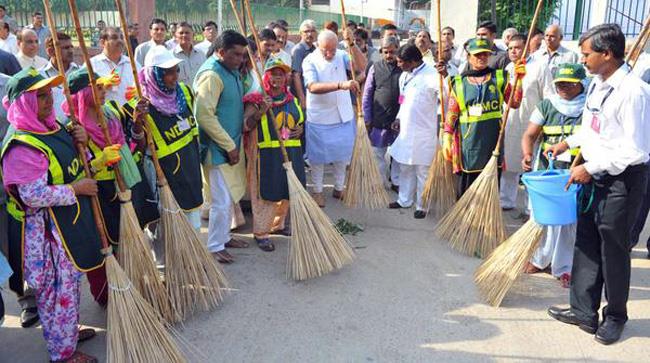
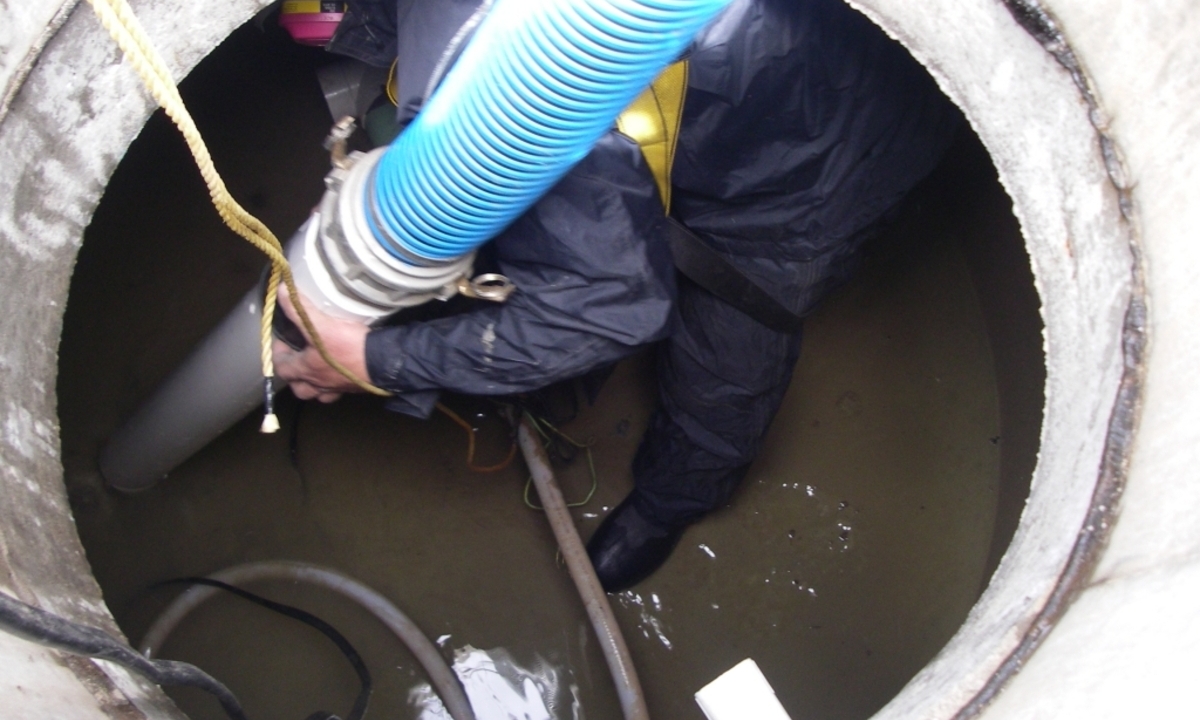
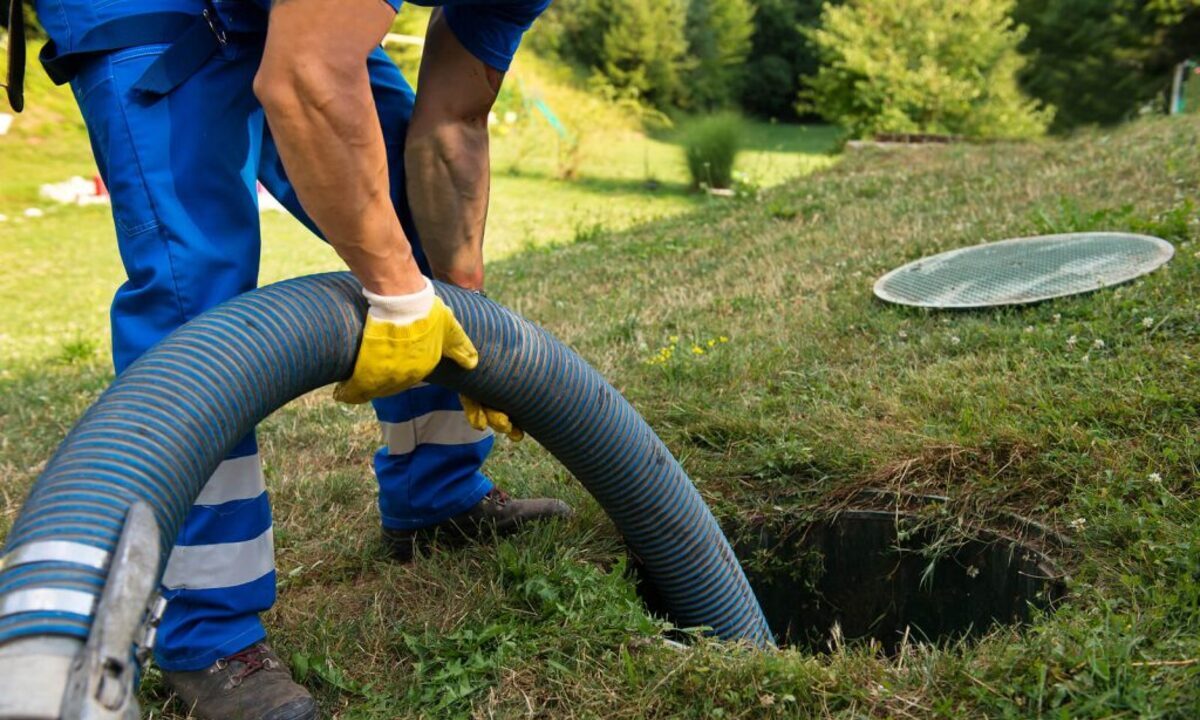
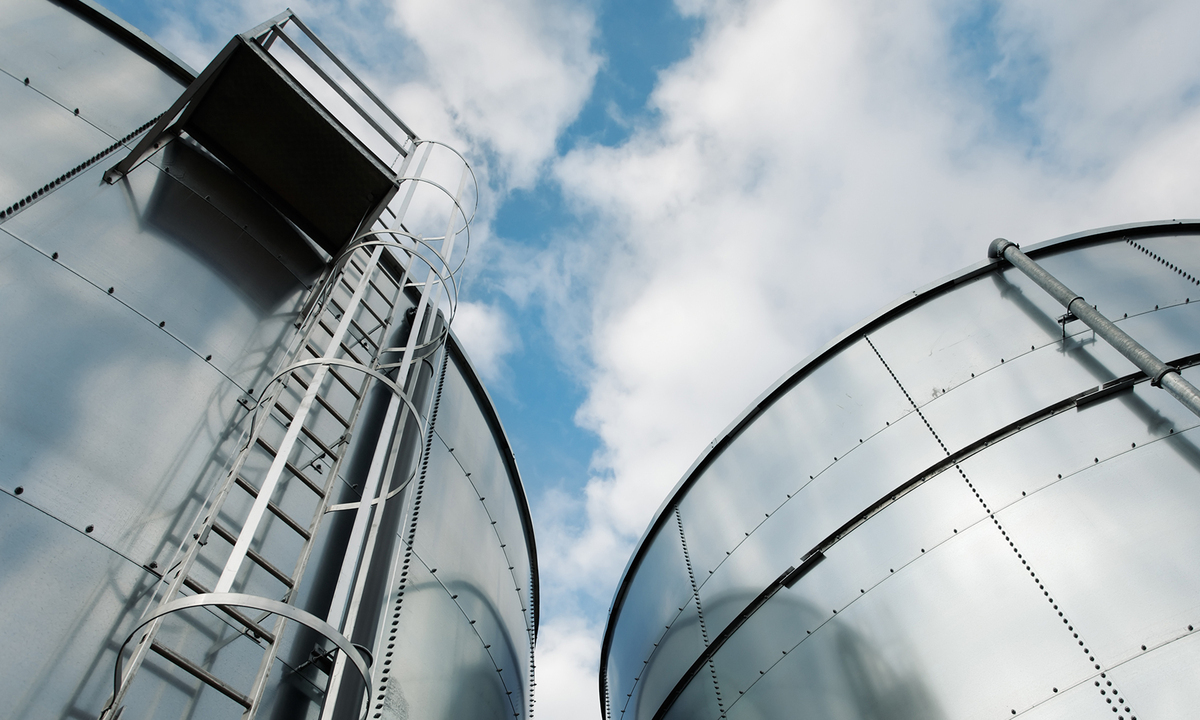
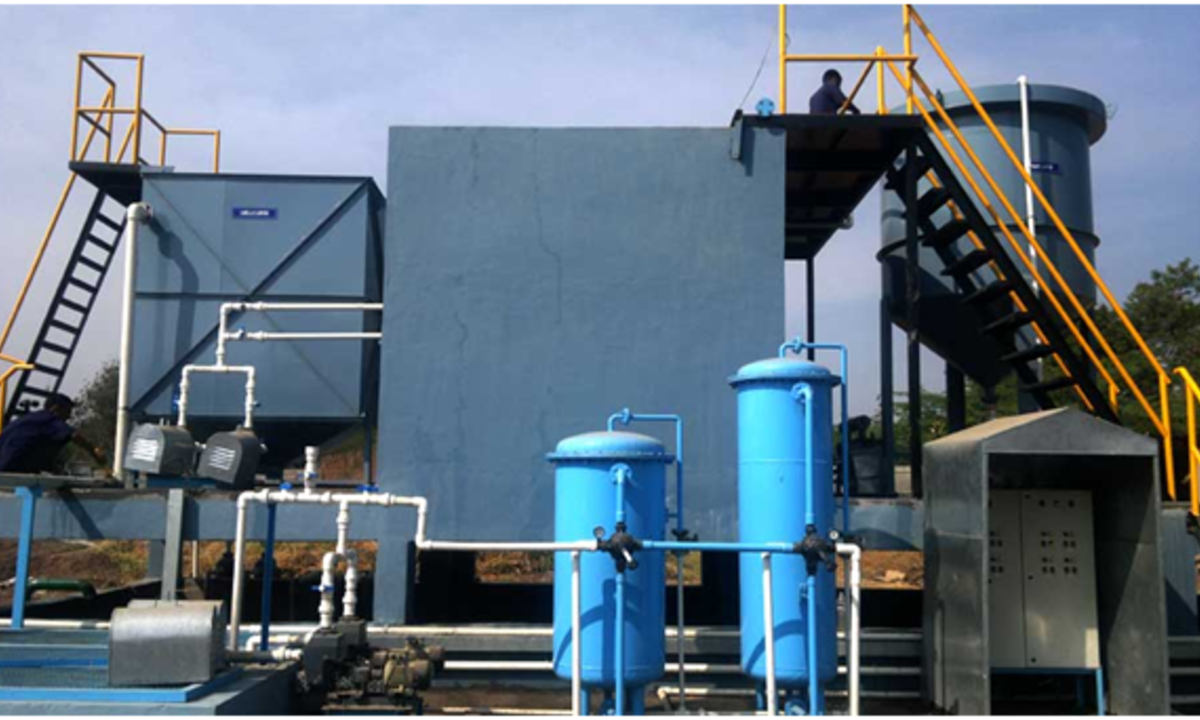
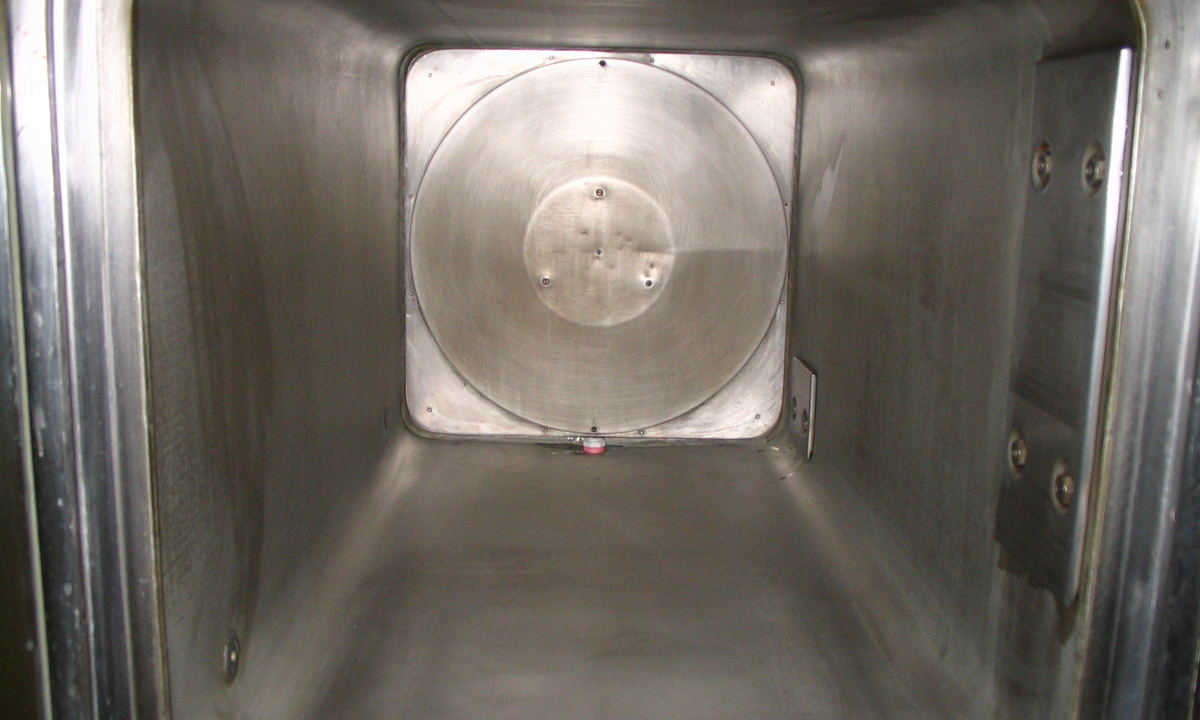
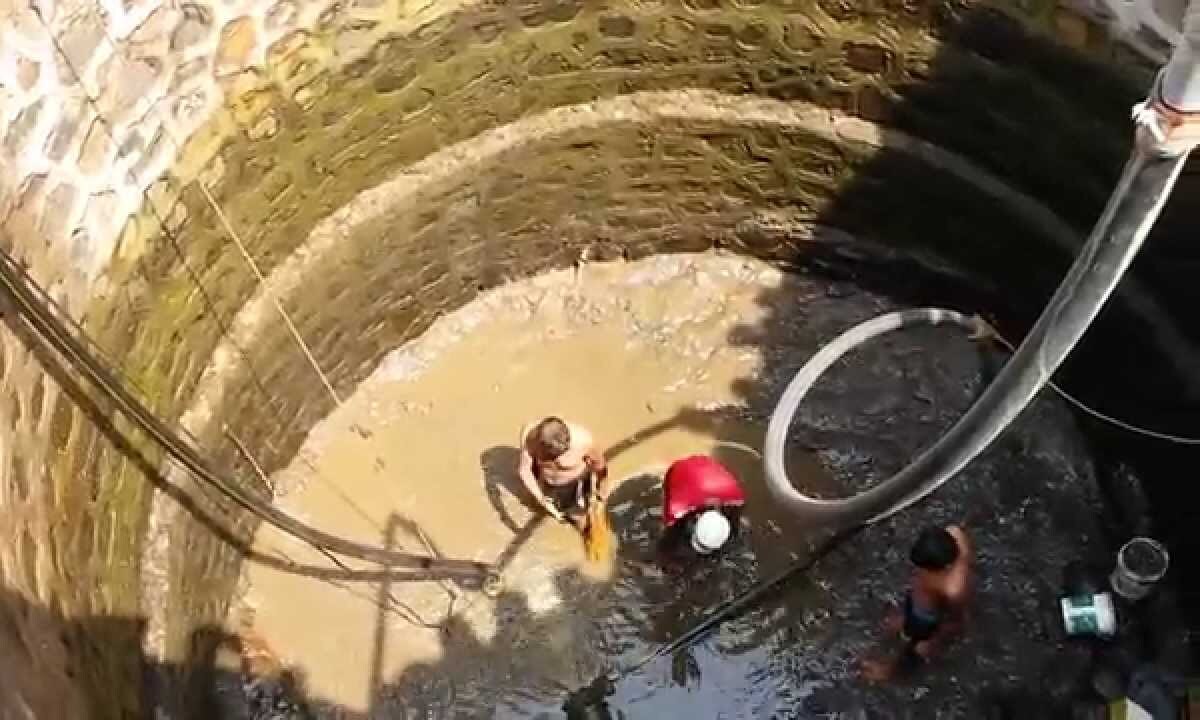

Leave a Reply